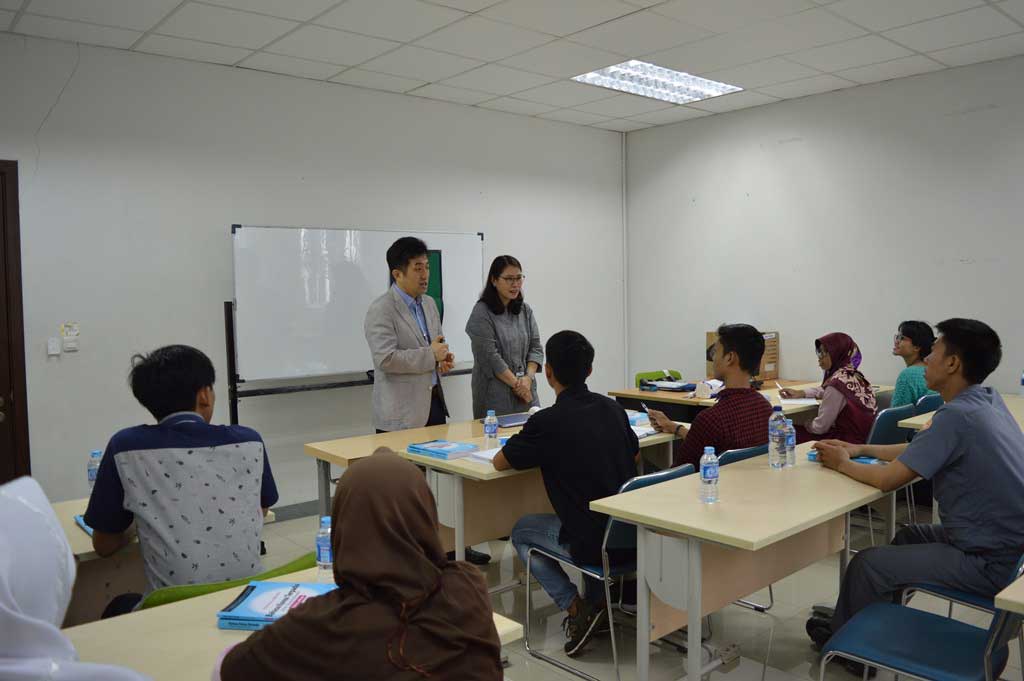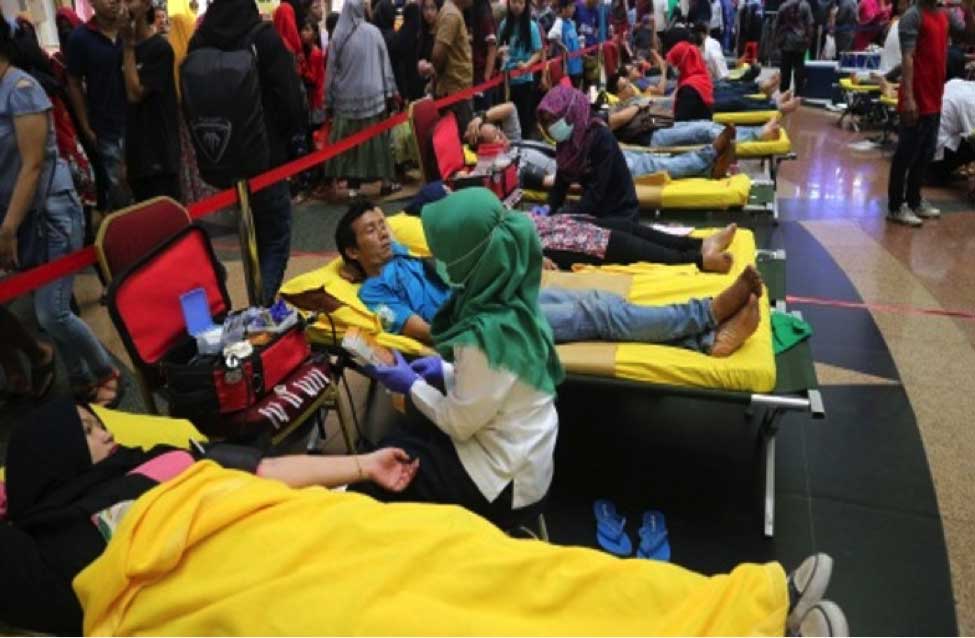 Annual event to to raise global awareness of the 2.6 billionpeople who lack access to proper sanitation, and the millions of lives lostbecause of it.
Annual event to to raise global awareness of the 2.6 billionpeople who lack access to proper sanitation, and the millions of lives lostbecause of it.
Singapore, November 19, 2012 – Once again, The World Toilet Organization (WTO), a global, non-profitorganization advocating sustainable sanitation, marked the World Toilet Day(WTD) on November 19to raise awareness on the crucial role of toilets inpromoting the health, dignity and well-being of communities worldwide.In 2001WTO declared 19th of November as World Toilet Day (WTD). Today, it is celebratedin over 20 countries with over 34 events being hosted by various water andsanitation advocates.To bolster the annual campaign, the WTO has joined handswith the Water Supply and Sanitation Collaborative Council (WSSCC) try tospread the concerns through the revampedWTD website at http://www.worldtoiletday.org and to enable people find the information need they to get involved in this globalmovement.
Theannual World Toilet Day is commemorated every year on 19th ofNovember, aims to break the taboo of talking about toilets, and increasingawareness of the importance of toilets and sanitationfacilities. Toilet iscrucial for human life, not onlytopreserve human health, but also can improvethe dignity, living standards, and empower communities.
Unfortunately,a staggering 2.5 billion people – that’s almost 40% of the world population,live in dismally due to limited access to functioning toilets and sanitationfacilities.Around 1.1 billion people are forced to defecate and urinate in theopen. The resulting contaminated water leads to diarrheal diseases. Meanwhile,almost 900 million people are forced to risk their lives on a daily basis by consumingdirty water because they have no other option.Lack of basic sanitation is asilent serial killer that targets the most vulnerable: every 20 seconds a childis killed by a disease directly related to poor sanitation. This amounts tomore deaths than AIDS, malaria and measles combined.
Thereare also massive economic costs associated with poor sanitation. The WorldBank’s Water and Sanitation Program reported that per year, poor sanitationcosts India nearly three trillion rupees ($53.8 billion), South East Asia around 88.5 trillion Indonesian rupiah($9.2 billion) and Kenya around 27.7 billion shillings ($324 million). Theseastounding price tags reflect the increased costs for providing health care andaccessing potable water (both for households and agricultural purposes) and therelated decrease in tourism dollars, since places with poor sanitation are lessattractive to travellers.
In2001, WTO was founded and initiated the annual WTD eventto bring attention tothe lack of sanitation in the world, especially in developing countries. Thisyear, with the new catchy slogan “I Give A Shit”, WTO once again tries to grabthe attention of governments, private sectors, civil societies and media on thesanitation issues.
JackSim, the Founder and Director of the WTO, said, “one of the most important waysto solve the worldwide sanitation problem is to talk about it. What we don’tdiscuss, we can’t improve.” Therefore, around the world on Monday, various events is conducted to break down thatbarrier.
Afterall, social support for WTD is essential in breaking the taboo on discussingthe toilet, a fundamental sanitation facility, by showing that the potty,besides being vital for daily life, can be a fun cause to strive for.
“Makingsanitation accessible to everyone in the world — no matter where they live orhow much money they have — could allow us to make great strides in reducingdiarrheal disease in children and give them the start in life that theydeserve,” Jack Sim added.
TheWorld Health Organization finds that investing just $1 in improved sanitationyields an economic return of between $3 and $34 depending on which part of theworld you are in.
Aspart of World Toilet Day, WTO is circulating a petition for the United Nationsto “keep its promises” on improving sanitation and clean water – part of theUN’s eight Millennium Development Goals, which also include halving extremepoverty by 2015. The petition will be given to the UN during the 2013Millennium Development Goals Summit in September 2013.People can participate insupporting the petition by clicking http://worldtoiletday.org/petition.phpand sign the online petition.
Itis crucialthat the international communities give greater attention to thesanitation gap. A serious shift in approach is needed to stop millions dyingevery year for lack of a toilet. Ending the global water and sanitation crisisis not an impossible dream; it is a joint endeavour that requires immediateaction through collaboration and commitment.
Everyonein every country can lend a hand in their own way, from urging decision makersto look into the issue to building functioning toilets where these facilitiesare in dire need.
Yourparticipationultimately saves lives. Get involved by downloading the campaigntoolkit at www.worldtoiletday.org andparticipating in WTO’s and WTD’s social media channels. Spread the buzz byfollowing @worldtoiletday on Twitter andhashtag #IgiveAShit on November 19.
Useful Links:
WorldToilet Organization website: http://worldtoilet.org/wto/
WorldToilet Day website: http://worldtoiletday.org/
WorldToilet Organization Facebook: http://www.facebook.com/WTO.org
WorldToilet Day Facebook: http://www.facebook.com/WTDay
WorldToilet Organization Twitter: http://twitter.com/worldtoilet
WorldToilet Day Twitter: http://twitter.com/worldtoiletday
WorldToilet Organization YouTube: http://www.youtube.com/OfficialWTO
WorldToilet Day YouTube: http://www.youtube.com/officialWTD
ABOUT WORLD TOILET ORGANIZATION
WorldToilet Organization (WTO) is a global non-profit organization dedicated toimproving the conditions of toilets and sanitation worldwide.We understand thatit is not just about providing access to adequate, clean sanitation – it’s alsoabout giving people back their dignity, providing comfort, improving lives andoffering empowerment so that they can strive for brighter future.
Weare one of the few organizations whose sole focus is on toilets. Unfortunately,unlike water, toilets do not get the same attention and resources needed –luckily our team likes nothing better than challenges.
Webelieve that through education, training and creating a sanitation marketplace,we can provide business opportunities, sanitation and clean toilets for all.Visit www.worldtoilet.org.









Leave a Reply